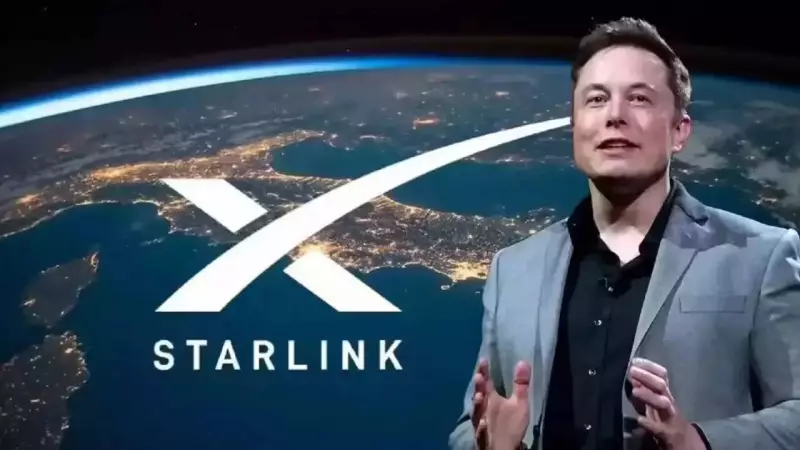
In a significant development that could reshape satellite internet services in India, Elon Musk's Starlink has encountered fresh regulatory requirements from the Department of Telecommunications (DoT). The government has mandated that only Indian nationals should operate the crucial gateway stations that connect satellite networks to ground infrastructure.
What This Means for Starlink's India Ambitions
The gateway stations serve as critical connection points between satellite constellations and terrestrial networks. These facilities are essential for routing internet traffic from space to users on the ground. The DoT's insistence on Indian national operators represents a key regulatory hurdle for Starlink's market entry strategy.
Understanding the Gateway Station Requirement
Gateway stations, often called earth stations, are sophisticated facilities that:
- Communicate directly with satellites in orbit
- Process and route internet traffic between space and ground networks
- Require significant technical expertise to operate and maintain
- Form the backbone of satellite internet infrastructure
The Broader Regulatory Landscape
This requirement comes amid ongoing discussions about satellite service regulations in India. The government has been carefully evaluating how to integrate global satellite internet providers while ensuring national security and regulatory compliance.
The Indian satellite internet market represents one of the largest potential growth opportunities globally, with millions of users in rural and remote areas lacking reliable broadband connectivity. Starlink's potential entry could dramatically improve internet access in regions where traditional infrastructure remains challenging to deploy.
What's Next for Satellite Internet in India?
Industry observers are watching closely how Starlink and other global satellite providers will adapt to these requirements. The company may need to:
- Accelerate local hiring and training programs
- Establish comprehensive knowledge transfer initiatives
- Develop partnerships with Indian technical institutions
- Create specialized certification programs for Indian operators
This development underscores India's careful approach to balancing technological innovation with regulatory oversight and national security considerations in the rapidly evolving satellite communication sector.





